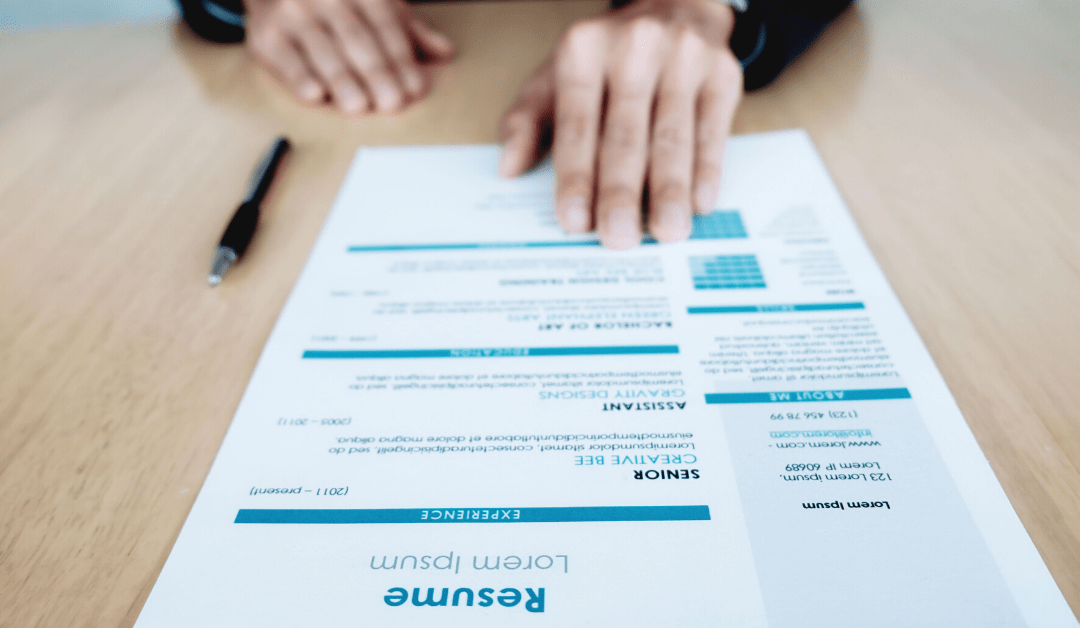Whether you are just out of college and looking forward to starting your career or an experienced professional with many years in the industry, your resume is the passport to your new career journey and exciting fields of endeavor. Thus, never underestimate the powers a resume possesses.
So here are expert tips to draft a brand-new resume or turn your old dusty retro resume into a high-powered personal marketing tool for winning interviews in today’s competitive job market.
1. Keep Your Resume Updated
Regardless of the time you may have spent being in your present job position, you constantly gain new skills and experience. Waiting for too long between updates could result in forgetting to add these experiences to your next renewal. Also, with the unpredictably of the job market, you never know when you might need your resume. Hurrying around to add new content because you are suddenly out of work typically leads to a mediocre document, which certainly won’t help you land a job. By keeping it current, you will be less rushed should the unexpected happen or an intriguing opportunity to advance your career presents itself.
2. Make Sure Your Resume Speaks To The Intended Audience
For those who have many years of work experience, it is likely that not all experience will be apropos to positions that interest you. A ‘one size fits all’ approach rarely works well if this describes you. While some experience will certainly cross over, such as a marketing professional looking to move into a consulting domain, your ‘great closing percentage’ will be of little help to the company requiring a new admissions officer.
3. Seek Professional Advice
No one knows your career better than you do. This may seem like a no-brainer to some, but believe it or not, there are still those who prefer on going alone when it comes to this vital piece of career strategy. However, binding that information together to create a perfect resume that will blow away your competition may require some tailoring by an expert who knows how to strategically balance content based on your professional goals. At the very least, if you are committed to write it on your own, you should research professional resume writing books to guide you in current resume development methods.
4. Don’t Add On To An Existing Document
Have you ever seen an old worn out car with a brand-new bumper? The new addition to the old car typically only makes the rest of it look even worse. The same is true for a resume with addition of some new content here and there. Spend some time to rebuild your resume completely when there is the need to add in new experience. Keep in mind that the new information should be integrated well and become a part of the bigger and better picture – not an afterthought.
5. Don’t Embellish Your Expertise
Try to be as honest as possible while drafting your resume. Don’t try to overcome certain shortcomings of your career by over-highlighting your abilities. This will only lead to disappointment for all involved. Remember, no matter what your potential employer have advertised as a requirement for the position, these requirements are just a wish list in most cases. Your skill set might not line up perfectly, but it should be closer enough than anyone else who has applied. Be brave to take a chance. It is always better to lose honestly than to win dishonestly.
6. Don’t Overthink About The Length
Too often, professionals are overly sensitive about the length of their resume. The number of pages usually has no impact on employers looking to fill a position. The key to stand out is in making sure the information is clear, concise, and lines up with the needs of the employer.
Think about any book you read recently. If the story was captivating from start to finish, did you concern yourself with the number of pages it took to tell the story? Of course not. Your resume is no different. No HR professional will ever turn away a jobseeker just because the resume is too lengthy, especially if it proves to be the best-qualified candidate for the job.
Conclusion
Your resume is usually the first a potential employer will see of you. A great resume ultimately means a very good first impression and often the difference between an interview and the waste can. Your aim is to design an impressive document that displays your experience, accomplishments, and skills that make you the perfect candidate for the job.
Contact Pragna Solutions for your RPO Recruiting needs
